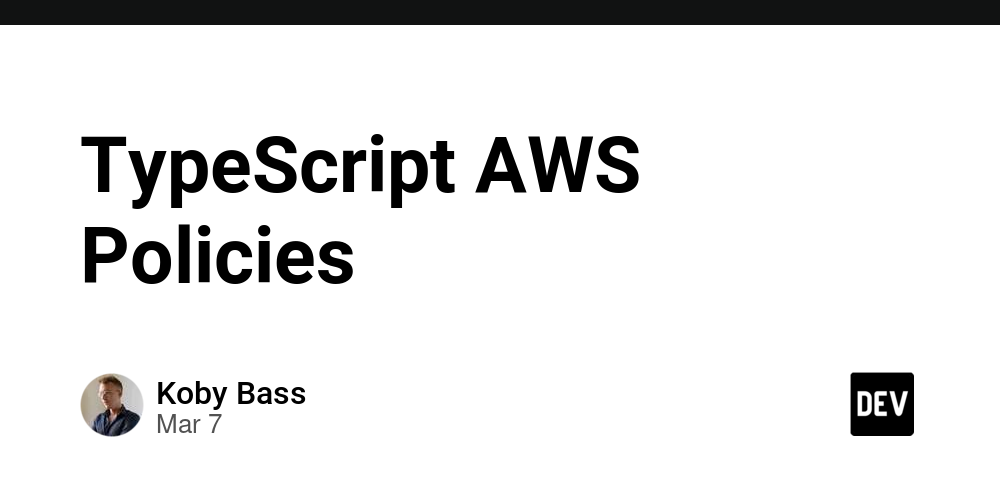Startups vs Big Tech for Web Developers
What is HTML All The Things? HTML All The Things is a web development podcast and discord community which was started by Matt and Mike, developers based in Ontario, Canada. The podcast speaks to web development topics as well as running a small business, self-employment and time management. You can join them for both their successes and their struggles as they try to manage expanding their Web Development business without stretching themselves too thin. What's This One About? In this episode, Mike shares his theory that AI will make it easier to prototype and launch startups, potentially opening more opportunities for developers outside of big tech. Matt and Mike compare working in startups versus big tech across several categories like career growth, pace, culture, job security, and more. Drawing on personal experiences and industry research, they explore how each environment can shape a developer’s career—and how AI might change the game. How to support the show Patreon Prices subject to change and are listed in USD Support the show from as little as ~$1/month Get a shoutout at the end of the episode (while supplies last) for just ~$3/month Help support the HTML All The Things Podcast: Click Here Scrimba Discount - Coding Courses! Learn to code using Scrimba with their interactive follow-along code editor. Join their exclusive discord communities and network to find your first job! Use our affiliate link for a 20% discount!! Click the link to take you to the Scrimba site A pop-up should appear on your screen with the discount amount and instructions on how to claim it Discount is for new accounts only We receive a monetary kickback if you use our affiliate link and make a purchase. Show Notes Introduction One of the theories I have is with the rise of AI, it will democratize creating POCs and therefore creating startups Therefore there might be more opportunities for developers to get into startups in the future vs big tech What is big tech? FAANG (or MAANG) Fortune 500 corps Large enterprises What is a startup? Usually less than 100 employees Funding is often from investors or bootstrapped My experience Worked in a larger startup that transitioned to a mid size company Have friends and family that work in big tech (Amazon, Instacart, Facebook, Apple) Working currently at a 30-40 person startup 1. Scope and Breadth of Responsibilities Startup Broad scope: Developers wear multiple hats, often handling frontend, backend, DevOps, and even customer support. High autonomy: Opportunity to influence product direction. Potential downside: Risk of burnout or lack of specialization. Evidence: According to Stack Overflow's Developer Survey (2023), startup developers often report higher job diversity but also higher stress. Big Tech Clearly defined roles: Developers usually specialize in a specific area (frontend, backend, infrastructure, etc.). Deep expertise: Opportunity to master specialized skill sets. Potential downside: Reduced visibility into overall product direction and slower personal impact. Evidence: FAANG companies frequently hire specialists in niche technologies (e.g., React core teams, backend-only roles at Google). 2. Development Pace and Workflows Startup Faster iteration cycles: Quick prototyping and MVP approach. Agile in practice, less rigid adherence to formal processes. Potential downside: Technical debt accrues faster due to speed. Evidence: Lean Startup methodology popularized by Eric Ries emphasizes fast cycles of "build-measure-learn." Big Tech More structured release cycles: Greater emphasis on code review, testing, QA processes, and gradual rollout. Emphasis on reliability, scalability, and maintainability. Potential downside: Slower pace of innovation due to bureaucracy. Evidence: Google's development practices emphasize rigorous code reviews and automated testing frameworks for scalability (Google’s SRE Handbook). 3. Impact and Ownership Startup High impact per developer: Individual contributions directly influence company survival. Sense of ownership: Close connection to users, seeing immediate results of work. Potential downside: Higher pressure and responsibility can lead to stress. Evidence: Harvard Business Review (2022) highlights higher engagement and job satisfaction among startup employees due to perceived personal impact. Big Tech Impact at scale: Changes made by a developer potentially affect millions of users. Shared ownership: Contributions are part of larger initiatives and teams. Potential downside: Individual impact can feel diluted. Evidence: Netflix’s engineering culture emphasizes shared responsibility, allowing broad autonomy within clearly defin
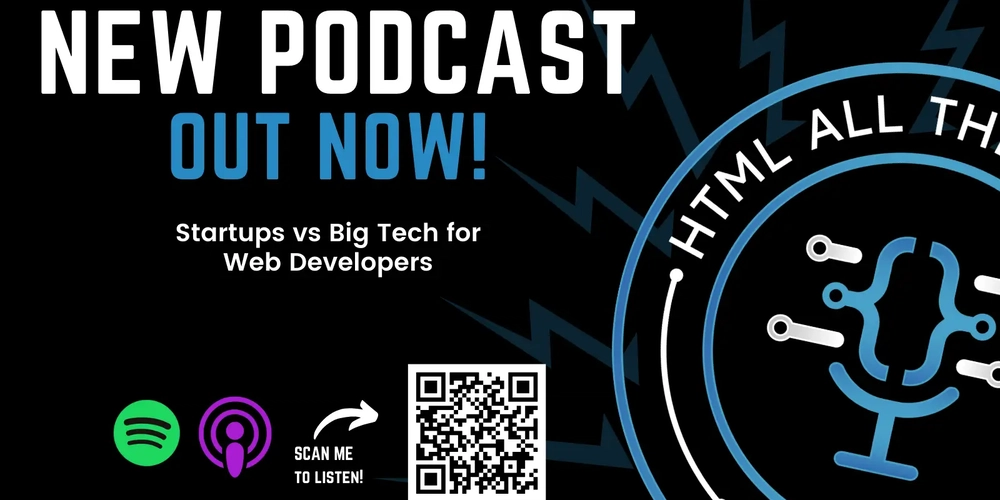
What is HTML All The Things?
HTML All The Things is a web development podcast and discord community which was started by Matt and Mike, developers based in Ontario, Canada.
The podcast speaks to web development topics as well as running a small business, self-employment and time management. You can join them for both their successes and their struggles as they try to manage expanding their Web Development business without stretching themselves too thin.
What's This One About?
In this episode, Mike shares his theory that AI will make it easier to prototype and launch startups, potentially opening more opportunities for developers outside of big tech. Matt and Mike compare working in startups versus big tech across several categories like career growth, pace, culture, job security, and more. Drawing on personal experiences and industry research, they explore how each environment can shape a developer’s career—and how AI might change the game.
How to support the show
Patreon
Prices subject to change and are listed in USD
- Support the show from as little as ~$1/month
- Get a shoutout at the end of the episode (while supplies last) for just ~$3/month
- Help support the HTML All The Things Podcast: Click Here
Scrimba Discount - Coding Courses!
Learn to code using Scrimba with their interactive follow-along code editor.
Join their exclusive discord communities and network to find your first job!
Use our affiliate link for a 20% discount!!
- Click the link to take you to the Scrimba site
- A pop-up should appear on your screen with the discount amount and instructions on how to claim it
- Discount is for new accounts only
We receive a monetary kickback if you use our affiliate link and make a purchase.
Show Notes
Introduction
- One of the theories I have is with the rise of AI, it will democratize creating POCs and therefore creating startups
- Therefore there might be more opportunities for developers to get into startups in the future vs big tech
- What is big tech?
- FAANG (or MAANG)
- Fortune 500 corps
- Large enterprises
- What is a startup?
- Usually less than 100 employees
- Funding is often from investors or bootstrapped
- My experience
- Worked in a larger startup that transitioned to a mid size company
- Have friends and family that work in big tech (Amazon, Instacart, Facebook, Apple)
- Working currently at a 30-40 person startup
1. Scope and Breadth of Responsibilities
-
Startup
- Broad scope: Developers wear multiple hats, often handling frontend, backend, DevOps, and even customer support.
- High autonomy: Opportunity to influence product direction.
- Potential downside: Risk of burnout or lack of specialization.
Evidence: According to Stack Overflow's Developer Survey (2023), startup developers often report higher job diversity but also higher stress.
-
Big Tech
- Clearly defined roles: Developers usually specialize in a specific area (frontend, backend, infrastructure, etc.).
- Deep expertise: Opportunity to master specialized skill sets.
- Potential downside: Reduced visibility into overall product direction and slower personal impact.
Evidence: FAANG companies frequently hire specialists in niche technologies (e.g., React core teams, backend-only roles at Google).
2. Development Pace and Workflows
-
Startup
- Faster iteration cycles: Quick prototyping and MVP approach.
- Agile in practice, less rigid adherence to formal processes.
- Potential downside: Technical debt accrues faster due to speed.
Evidence: Lean Startup methodology popularized by Eric Ries emphasizes fast cycles of "build-measure-learn."
-
Big Tech
- More structured release cycles: Greater emphasis on code review, testing, QA processes, and gradual rollout.
- Emphasis on reliability, scalability, and maintainability.
- Potential downside: Slower pace of innovation due to bureaucracy.
Evidence: Google's development practices emphasize rigorous code reviews and automated testing frameworks for scalability (Google’s SRE Handbook).
3. Impact and Ownership
-
Startup
- High impact per developer: Individual contributions directly influence company survival.
- Sense of ownership: Close connection to users, seeing immediate results of work.
- Potential downside: Higher pressure and responsibility can lead to stress.
Evidence: Harvard Business Review (2022) highlights higher engagement and job satisfaction among startup employees due to perceived personal impact.
-
Big Tech
- Impact at scale: Changes made by a developer potentially affect millions of users.
- Shared ownership: Contributions are part of larger initiatives and teams.
- Potential downside: Individual impact can feel diluted.
Evidence: Netflix’s engineering culture emphasizes shared responsibility, allowing broad autonomy within clearly defined parameters.
4. Career Growth and Mentorship
-
Startup
- Accelerated learning: Exposure to multiple technologies and rapid problem-solving.
- Potential downside: Less structured mentorship or formalized training.
Evidence: TechCrunch (2023) notes developers at startups tend to self-teach more frequently due to fewer internal resources.
-
Big Tech
- Structured career paths: Clearly defined levels (junior, mid, senior, staff engineer). Strong mentorship and training programs.
- Potential downside: Progression can be slower due to rigid promotion cycles and bureaucracy.
Evidence: Big tech companies like Amazon and Microsoft frequently provide formal mentorship programs and career mapping (Glassdoor, 2023).
5. Job Security and Stability
-
Startup
- Higher risk: Employment stability closely tied to funding rounds, product-market fit, and growth trajectory.
- Higher reward potential: Equity opportunities can provide financial upside if the startup succeeds.
Evidence: Forbes reports (2022) that 70% of startups fail within the first five years, highlighting employment risk.
-
Big Tech
- Greater stability: Established companies offer consistent employment, stable income, and extensive employee benefits.
- Predictable career trajectory with established compensation packages.
- Potential downside: Lower potential financial upside (aside from steady incremental raises or bonuses).
Evidence: LinkedIn Workforce Report (2023) shows big tech employees have longer average tenure compared to startup employees.
https://www.investopedia.com/articles/personal-finance/040915/how-many-startups-fail-and-why.asp#:~:text=Despite%20their%20promise%2C%20as%20many,first%20five%20to%20ten%20years.
6. Culture and Work Environment
-
Startup
- Informal culture: Generally flexible hours, casual dress code, emphasis on camaraderie.
- Greater influence on culture: Early employees shape organizational values.
- Potential downside: Sometimes chaotic or unclear structure.
Evidence: Surveys by AngelList consistently rate startup flexibility and culture as key attractions for tech workers.
-
Big Tech
- Structured, professional environment: Clear policies, formal processes, extensive HR frameworks.
- Extensive perks: Often include comprehensive healthcare, parental leave, wellness programs, catered meals, and more.
- Potential downside: Possible feeling of being just another employee in a large organization.
Evidence: Employee reviews on Glassdoor commonly highlight extensive benefits and stability in big tech, but also occasional lack of personalized attention or care.
7. Tech Stack and Innovation
-
Startup
- Greater freedom in choosing technologies: Typically quick adoption of cutting-edge or experimental frameworks.
- Potential downside: Less mature tooling and potential compatibility issues or frequent rewrites.
Evidence: Developer happiness surveys (Stack Overflow 2023) indicate developers value the ability to experiment, common at startups.
-
Big Tech
- Well-established stacks: Battle-tested technologies, large-scale deployments, and internal tooling.
- Potential downside: Slow adoption of new technologies due to scale and operational constraints.
Evidence: Facebook's slow adoption and careful rollouts of React 18 demonstrate caution in big tech’s approach to innovation (Facebook Engineering Blog, 2022).











































![Mobile Legends: Bang Bang [MLBB] Free Redeem Codes April 2025](https://www.talkandroid.com/wp-content/uploads/2024/07/Screenshot_20240704-093036_Mobile-Legends-Bang-Bang.jpg)
























![Apple Shares Official Trailer for 'Long Way Home' Starring Ewan McGregor and Charley Boorman [Video]](https://www.iclarified.com/images/news/97069/97069/97069-640.jpg)
![Apple Watch Series 10 Back On Sale for $299! [Lowest Price Ever]](https://www.iclarified.com/images/news/96657/96657/96657-640.jpg)
![Apple Slips to Fifth in China's Smartphone Market with 9% Decline [Report]](https://www.iclarified.com/images/news/97065/97065/97065-640.jpg)














![What features do you get with Gemini Advanced? [April 2025]](https://i0.wp.com/9to5google.com/wp-content/uploads/sites/4/2024/02/gemini-advanced-cover.jpg?resize=1200%2C628&quality=82&strip=all&ssl=1)
























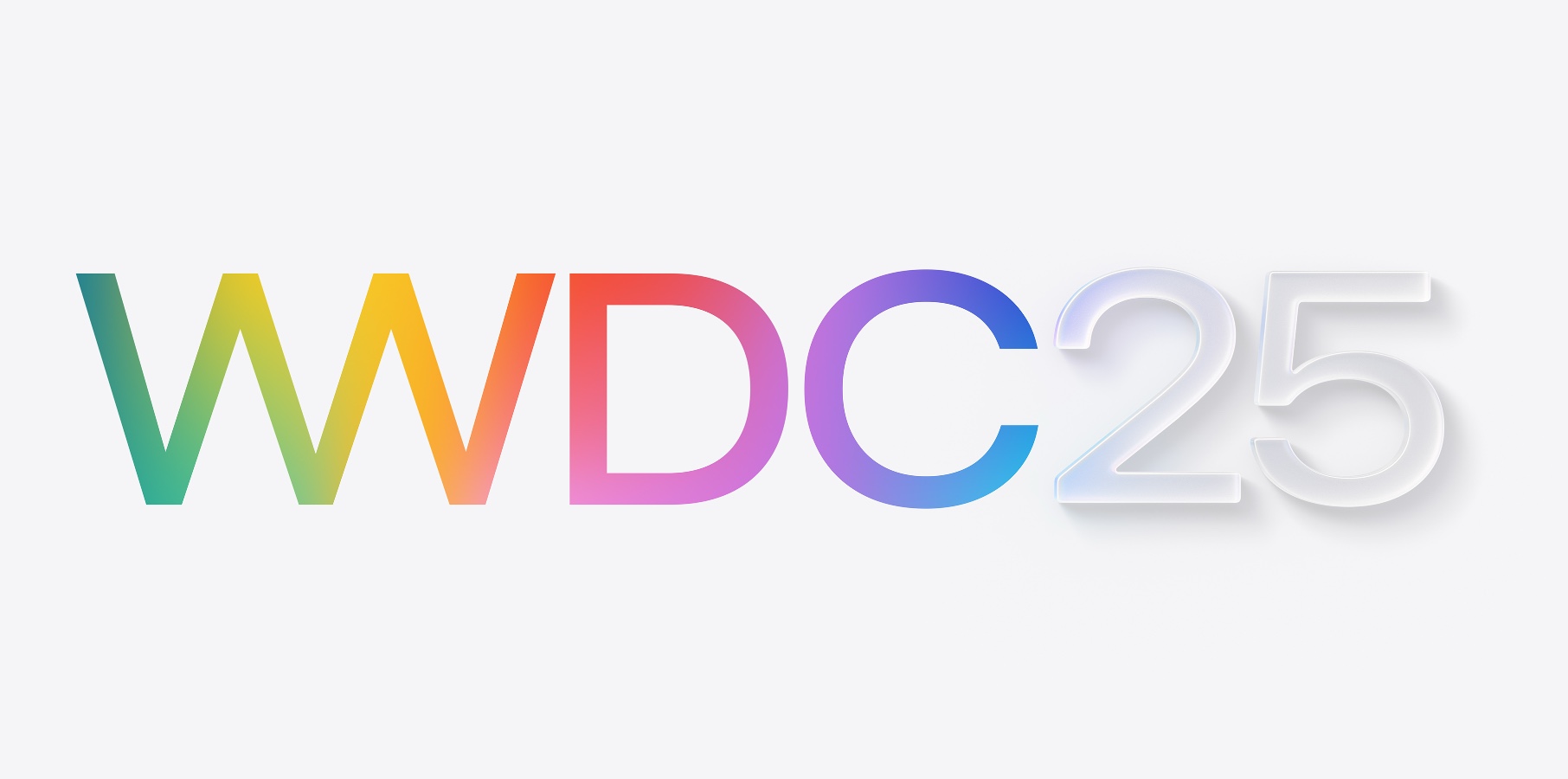


































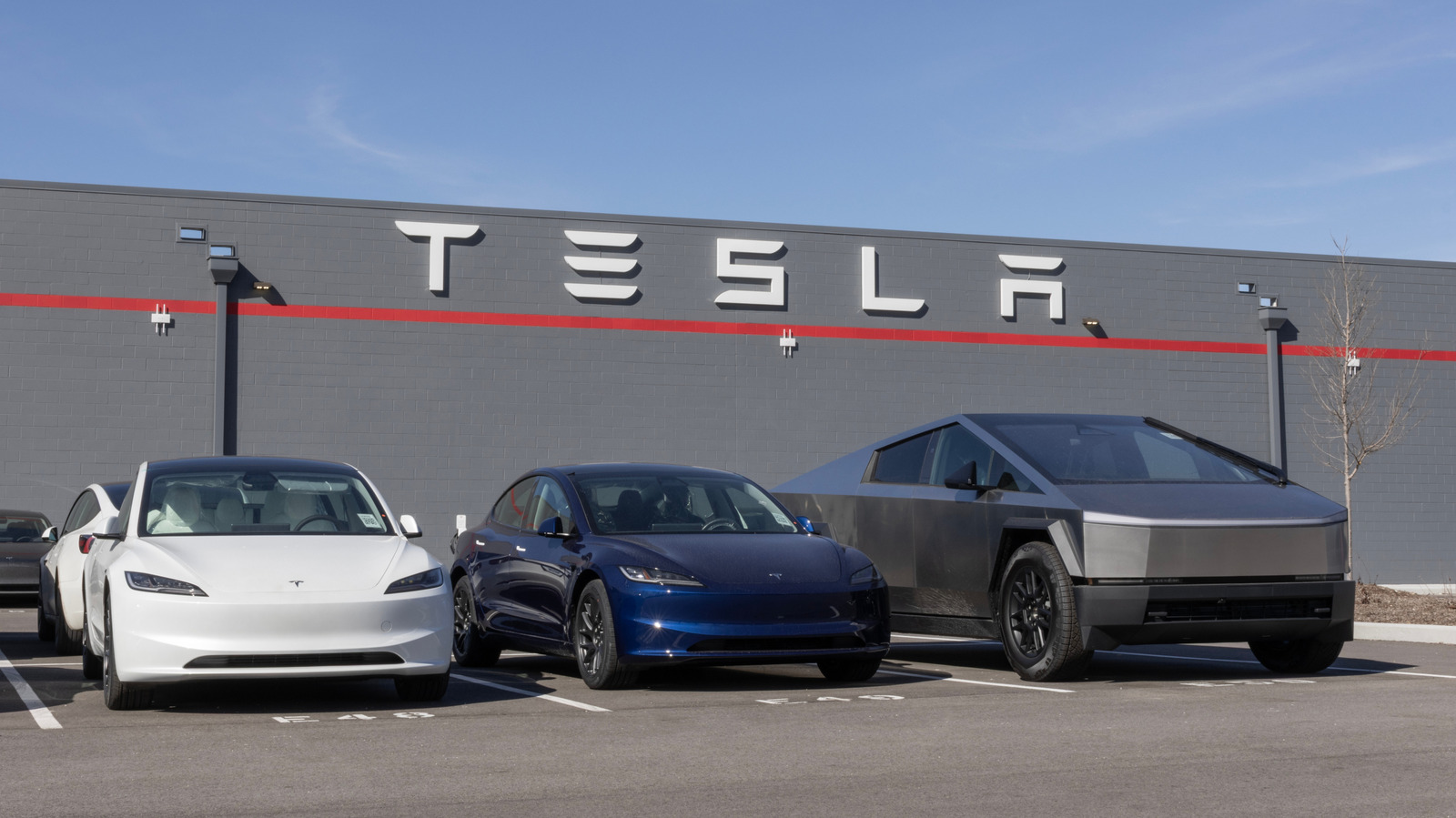



































_Andreas_Prott_Alamy.jpg?width=1280&auto=webp&quality=80&disable=upscale#)




















































































![[The AI Show Episode 144]: ChatGPT’s New Memory, Shopify CEO’s Leaked “AI First” Memo, Google Cloud Next Releases, o3 and o4-mini Coming Soon & Llama 4’s Rocky Launch](https://www.marketingaiinstitute.com/hubfs/ep%20144%20cover.png)































































































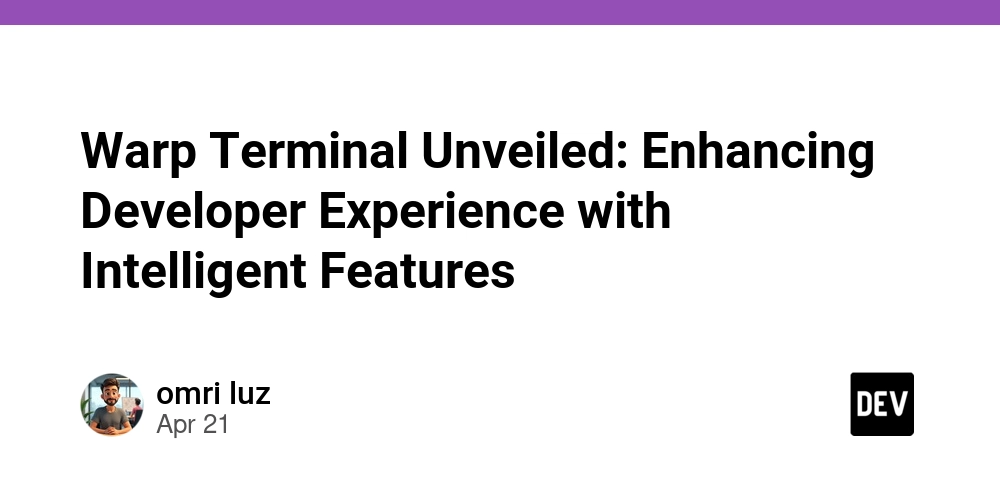

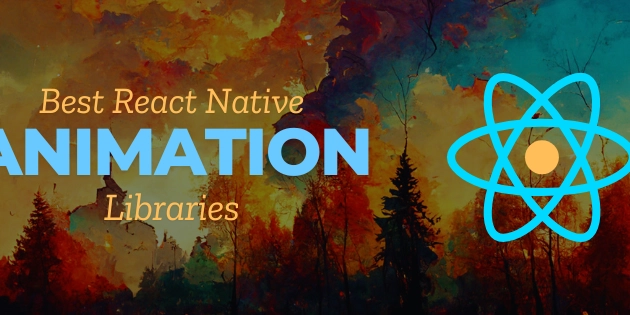











































![[DEALS] The All-in-One Microsoft Office Pro 2019 for Windows: Lifetime License + Windows 11 Pro Bundle (89% off) & Other Deals Up To 98% Off](https://www.javacodegeeks.com/wp-content/uploads/2012/12/jcg-logo.jpg)






















































































